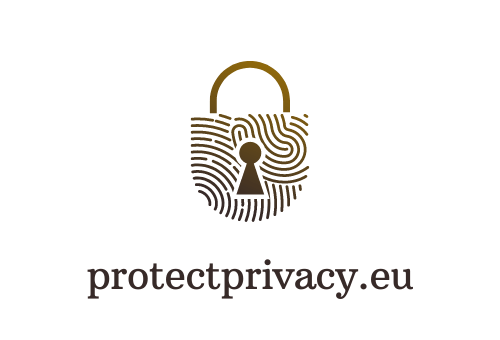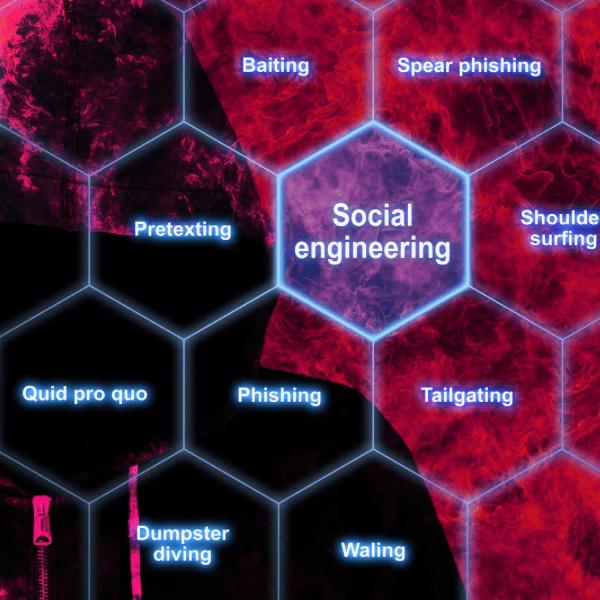The Psychology of Privacy: Why People Overshare Online

Privacy has evolved in complex ways in the digital age, often leaving us in a paradoxical situation. While we are increasingly concerned about data breaches and cyber threats, many willingly share personal information online. This article delves into the psychology behind this phenomenon, exploring why people overshare on the internet despite the risks to their privacy and cybersecurity.
The Paradox of Online Privacy
What is the Privacy Paradox?
The “Privacy Paradox” refers to the discrepancy between people’s stated concerns about privacy and their actual online behavior. Surveys often show that individuals are worried about their online privacy, yet these same people freely share personal information on social media platforms, forums, and other online spaces.
The Role of Social Media
How Social Media Encourages Oversharing
Social media platforms are designed to encourage sharing. Features like “stories,” status updates, and photo uploads make it easy to share snippets of our lives. However, this ease of sharing can lead to oversharing, where people divulge more information than they would in a face-to-face interaction.
Instant Gratification and Dopamine
The Neurochemical Factor
Sharing online often results in immediate feedback in the form of likes, comments, and shares. This instant gratification triggers the release of dopamine, a neurotransmitter associated with pleasure and reward, which can make oversharing addictive.
The Illusion of Anonymity
A False Sense of Security
Many people feel that the internet provides a veil of anonymity, making it easier to share personal details without the fear of real-world consequences. However, this is a dangerous misconception, as overshared information can be exploited by cybercriminals.
The Fear of Missing Out (FOMO)
The Social Pressure to Share
The term “FOMO” describes the anxiety that arises from the fear of missing out on rewarding experiences that others are having. This fear often drives people to overshare online, as they seek to be part of trending conversations and social circles.
Read Next: Digital Footprints And Online Privacy: How Much Are You Revealing?
The Need for Social Validation
The Psychological Drive
Human beings have an inherent need for social validation. The internet, with its vast audience, provides an easy avenue for seeking approval. This need often outweighs the potential risks of oversharing, leading people to compromise their privacy.
Conclusion
Understanding the psychology of privacy is crucial for both individuals and organizations. While the reasons for oversharing are deeply rooted in human psychology, awareness, and education can go a long way in promoting responsible online behavior. As we navigate the complexities of the digital world, it’s essential to balance our need for social interaction with the imperative of safeguarding our privacy.







